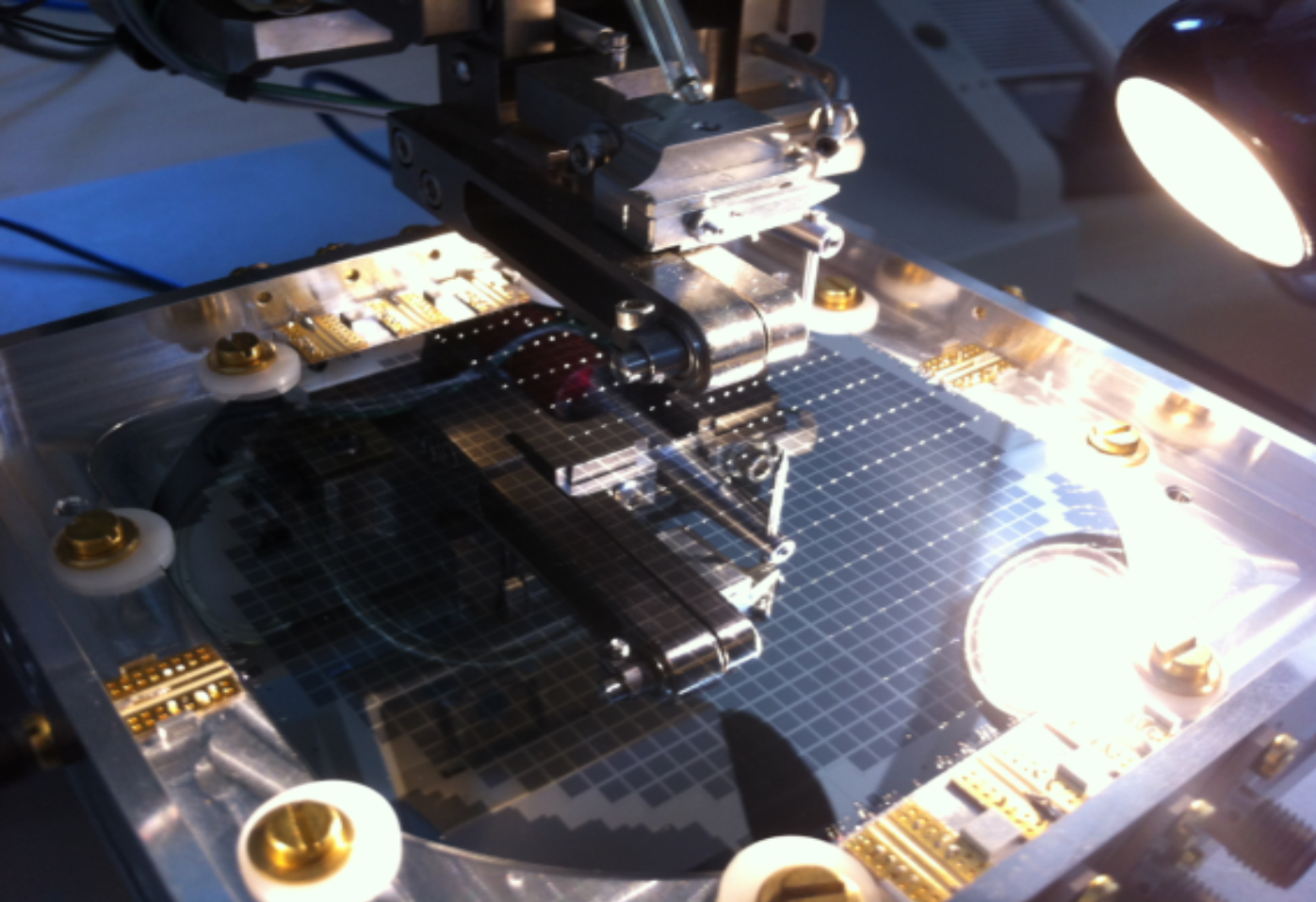Quantum sensors
Responsible of the WP: Andrea Catalano
andrea.catalano@lpsc.in2p3.fr
Quantum sensors, defined as devices that operate in the quantum limit (single particle detection) or profit from quantum properties (superposition, entanglement), are largely used and developed for experiments in the domain of interest of the IN2P3.
Quantum technology concerns our fields, particularly in the experimental search for weak signals (experiment of direct detection of dark matter, experiment of double-beta disintegration without neutrino) which involve the mastery of technical expertise which is at the heart of our themes: cavities Radio-Frequency superconductors, very low temperature cryogenics (<1.8K), the development of sensors dedicated to millimeter (or IR) detection with KID’s bolometer technology, semiconductors and micro-electronics.
As mentioned earlier, solid-state detectors are used for dark matter research, superconducting detectors for cosmic microwave background (CMB) observations, quantum compressed light is used to reduce quantum noise in detector systems. Gravitational waves and atomic magnetometers and atomic clocks are used for precision experiments. In addition, the IN2P3 laboratories already have the expertise on the enabling technologies necessary for the development of quantum detectors to play a major role in the field, in collaboration with other CNRS institutes.

